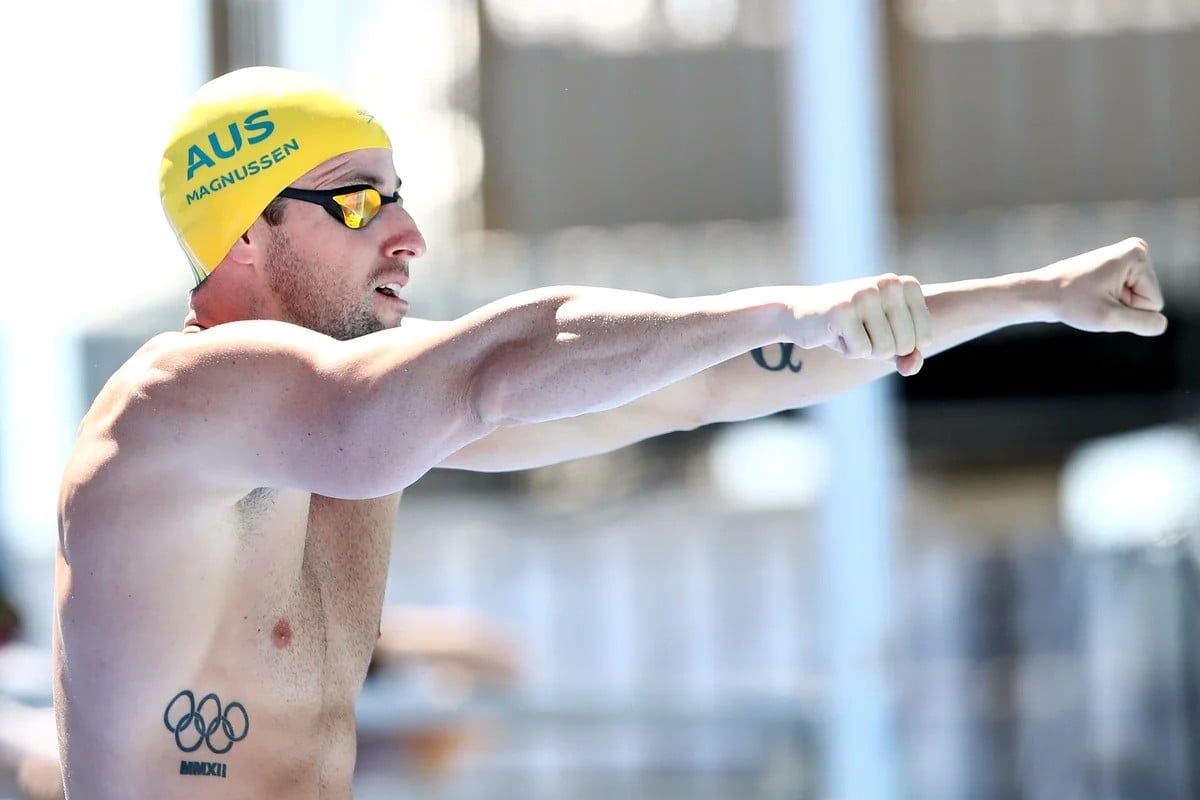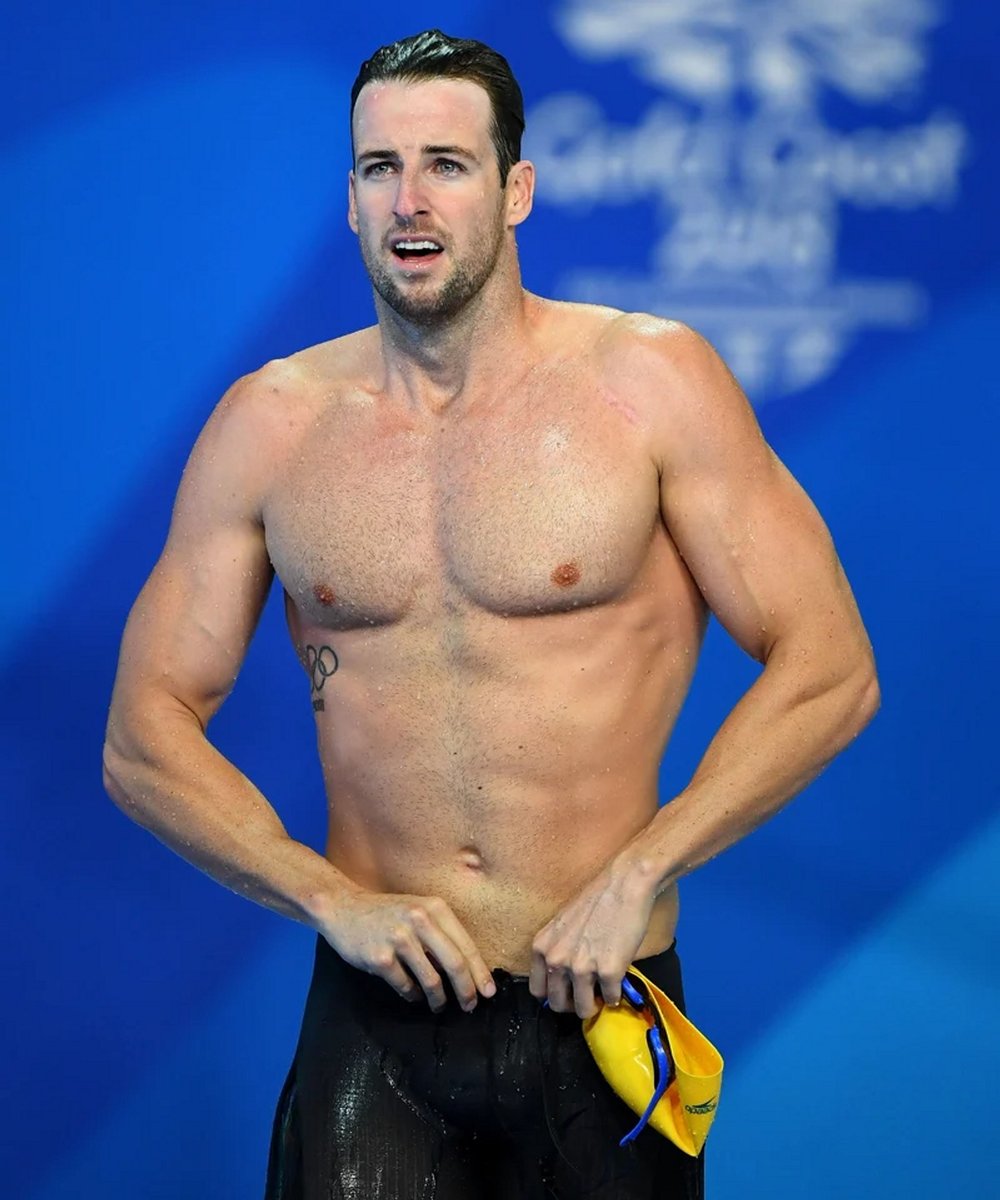
You might remember James Magnussen as "The Missile" — the golden boy of Australian swimming in the early 2010s.
He first burst onto the international stage at the 2011 World Championships, where he became the first Australian to win the men's 100m freestyle world title since Olympic champion, Michael Klim. At the 2012 London Olympics, Magnussen was Australia's best shot at gold. And while he narrowly missed the top of the podium—taking home silver in the 100m freestyle—he became a household name back home.
Tall, confident, and incredibly fast in the pool, Magnussen was once the face of clean elite sport. But more than a decade on from his Olympic peak, the now-34-year-old is making headlines for a very different reason.
Watch: Enhanced Games For Doping Athletes. Article continues after the video.
He's back in the pool. But this time, he's doing it on performance-enhancing drugs — and he's doing it for a possible million-dollar payday.
Magnussen is the first major athlete to sign on for the Enhanced Games, a controversial new sporting competition that allows — and even encourages — competitors to use usually-banned substances to push their bodies beyond natural limits.






























































































